We’ve completed the first stage of the Community Driven Innovation (CDI) process with Luna. The AGSAA has a list of topics ranked in order of importance to AGS individuals and their families that will help guide our future surveys and investigations. Additionally, our IRB and study protocol allows us to move forward with surveys on these topics without the red tape of protocol amendments (our AGS Retrospective Triggers and Flares survey is our first example). Now that we’ve reached statistical significance with our responses to this initial ranking, we’re moving on to stage 2, an effort to build a mental model of these concerns. We’re asking AGS individuals and families to organize the list of topics into groups in whichever way makes sense to them. With this type of activity, we’ll not only have an understanding of what topics relate to each other; but we hope to identify distinct ways that families think of AGS. With a disease as heterogeneous as AGS and with adults and children living with varying medical concerns and degrees of disability, we expect to see multiple, distinct models emerge from the results. While we might intuitively expect this and assume the differences to be related to disease severity, we really have no idea! By completing this latest survey activity, we’ll not only know what topics are important overall, but we’ll know who they are important to (by age, genotype, etc.).
Please note that this survey will be conducted in optimalworkshop.com (outside of our patient registry at lunadna.com). The responses are being collected by the AGSAA and Luna but we require additional software to complete the grouping activity that is unavailable in LunaDNA at the moment.
The list of AGS concerns/topics in ranked order of importance to patient registry participants:
Muscle tone management
Flare-ups (triggers, mitigation, frequency)
Availability of Treatments
Other Illness impacts (colds, UTI’s)
Therapies (PT, speech, nutrition)
White matter (degradation, improvements)
Dysautonomia
Education Support (IEP, accessibility devices)
Interferons (levels, control)
JAK inhibitors (Baracitinib and related)
Mobility (issues, progression)
Atypical presentation(s) of AGS
Immune support
Mutation Specific Information
Newborn screening
Proactive intervention vs reactive
Assistive technology
Brain-body connection
Communication
Nutrition
Pain management
Patterns in condition (weeks, months, years)
Physical Developmental delays or regression
Prognosis (months, years)
Socialization and friends
